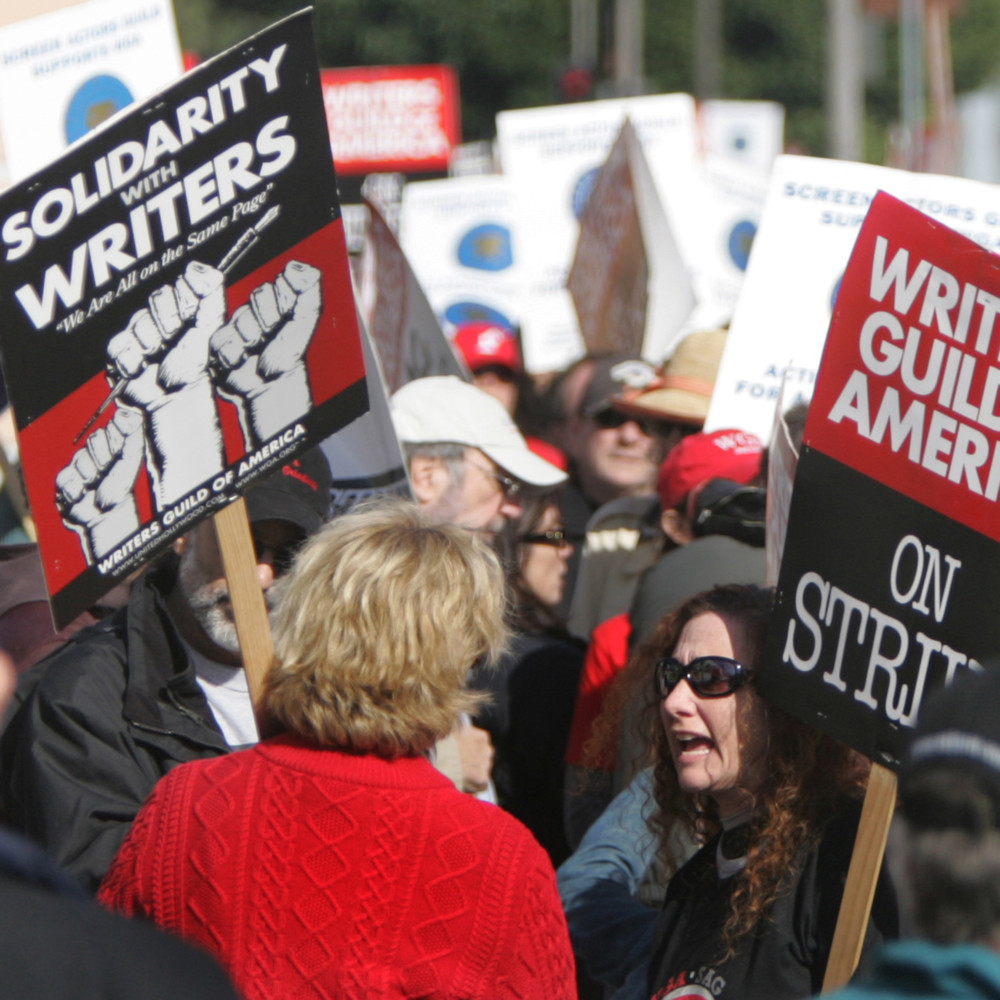By David Ng
Los Angeles Times
WWR Article Summary (tl;dr) The WGAW, which is the West Coast branch of the WGA and represents an estimated 20,000 film and TV writers, is the latest Hollywood guild to publicly address the sexual harassment scandal that has ensnared prominent entertainment figures including Harvey Weinstein, Kevin Spacey, Brett Ratner and James Franco.
Los Angeles Times
The Writers Guild of America, West has established a new set of principles regarding sexual harassment in the workplace, emphasizing a zero-tolerance approach while also stressing the importance of due process for the accused.
The Hollywood guild’s board and officers said in an email to members Wednesday that it supports a zero tolerance policy for any form of workplace discrimination, including sexual harassment. However, the guild cautioned employers against making snap judgments.
“Zero tolerance does not mean the absence of due process, or that there is a one-size-fits-all punishment for every incident,” the guild said. “The WGAW supports a fair and legal process that is consistently and transparently applied.”
The WGAW, which is the West Coast branch of the WGA and represents an estimated 20,000 film and TV writers, is the latest Hollywood guild to publicly address the sexual harassment scandal that has ensnared prominent entertainment figures including Harvey Weinstein, Kevin Spacey, Brett Ratner and James Franco.
The Producers Guild of America issued its own eight-page set of guidelines on Jan. 19, saying that productions should work to identify sexual harassment and investigate claims. SAG-AFTRA, which represents actors, is currently developing a code of conduct addressing sexual harassment in the workplace.
The WGAW’s letter to members on Wednesday said that the public outcry against sexual harassment is “long overdue” and that employers “have historically failed” to uphold the letter and spirit of anti-discrimination laws.
But the guild also drew the line at being asked to rule on accusations of workplace misconduct.
“The WGAW is a union, not judge or jury, and cases of harassment and discrimination should be adjudicated in a court of law or through legal policies of employment,” the guild said.
The guild also said that a writer “achieves or retains membership despite any personal criminal history.”
The WGAW said it will actively seek programs that “promote gender equality in our industry” and will also investigate “any pattern of retribution by employers toward individuals who file claims or who speak out about harassment.”














































































































































































































































































































































































